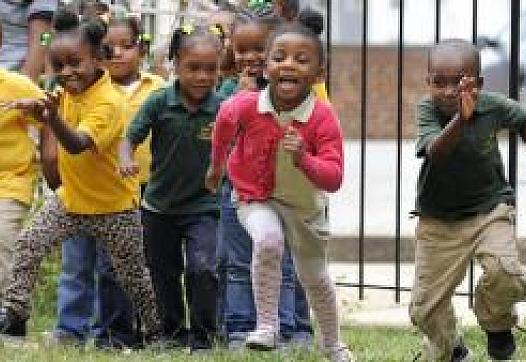
"Sure, I knew hundreds of residents died in homicides or were hurt and even disabled during assaults,” said McDaniels. "But I wondered if there was something deeper going on that needed to be explored.”

"Sure, I knew hundreds of residents died in homicides or were hurt and even disabled during assaults,” said McDaniels. "But I wondered if there was something deeper going on that needed to be explored.”
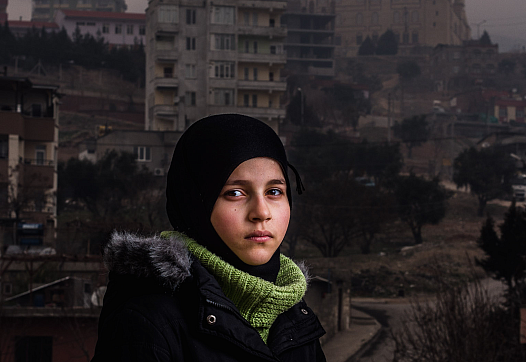
Photojournalist David Gross hatched a plan to crowdfund a project in which he'd photograph and offer art therapy to Syrian refugee children. It did not go as planned. Here he shares some of the lessons he learned along the way, and the images he captured.

An updated look at youth suicides recently found that suicide rates in rural U.S. counties are double those of urban areas. Figuring out the causes behind the widening disparity is more difficult, but lack of access to mental health services is a big part of the problem in rural areas.
![A married homeless couple profiled by Alaska Dispatch News. [Photo by Marc Lester/ADN]](/sites/default/files/styles/teaser_list_thumbnail_large/public/title_images/Lester_Homeless.jpg?itok=NBounuYx)
Homelessness has long been a serious problem in Anchorage, Alaska. The challenge for two reporters at Alaska Dispatch News was to find new ways to cut through old perceptions and debates to tell stories that showed their subjects’ enduring humanity. Here's how they did it.
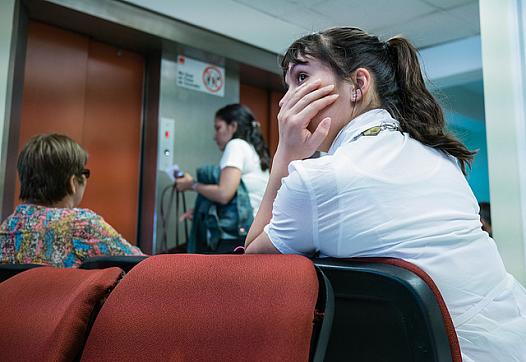
At the Native American Health Center in East Oakland, health reform has pushed clinic staff to experiment with new ways of delivering care. But changes in the way care is reimbursed and increased competition for patients still leaves clinic leaders nervous about longterm survival.

In 1965, the deinstitutionalization of mental health treatment charted a path toward overcrowded prisons and a shortage of mental health treatment facilities. Today, Imperial County in California is dealing with both of those consequences.
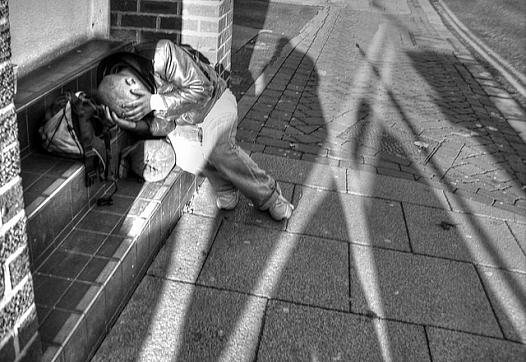
Beaches, sunshine, natural beauty, high-priced homes. In so many ways, Ventura County embodies the affluent, laid-back lifestyle of California’s coastal regions....

This three part series will be looking into mental health care among black communities within the U.S. Focusing on access, stigmas and cultural views toward mental health.

With high rates of many mental illnesses and not much money to treat them, are the rural counties of far-northern California destined for meager mental health services? What's lacking in these systems, and - perhaps more importantly - how did ones in similar areas overcome the same problems?
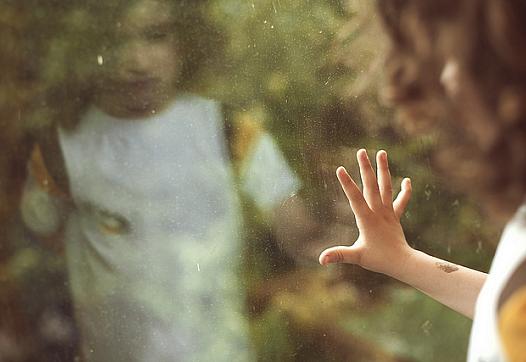
We know that kids who grow up with a lot of adversity are far more likely to suffer poor health and early death as adults. But how well do we understand the means by which early trauma is translated into health problems decades later? Researchers are still teasing apart the mechanisms at work.